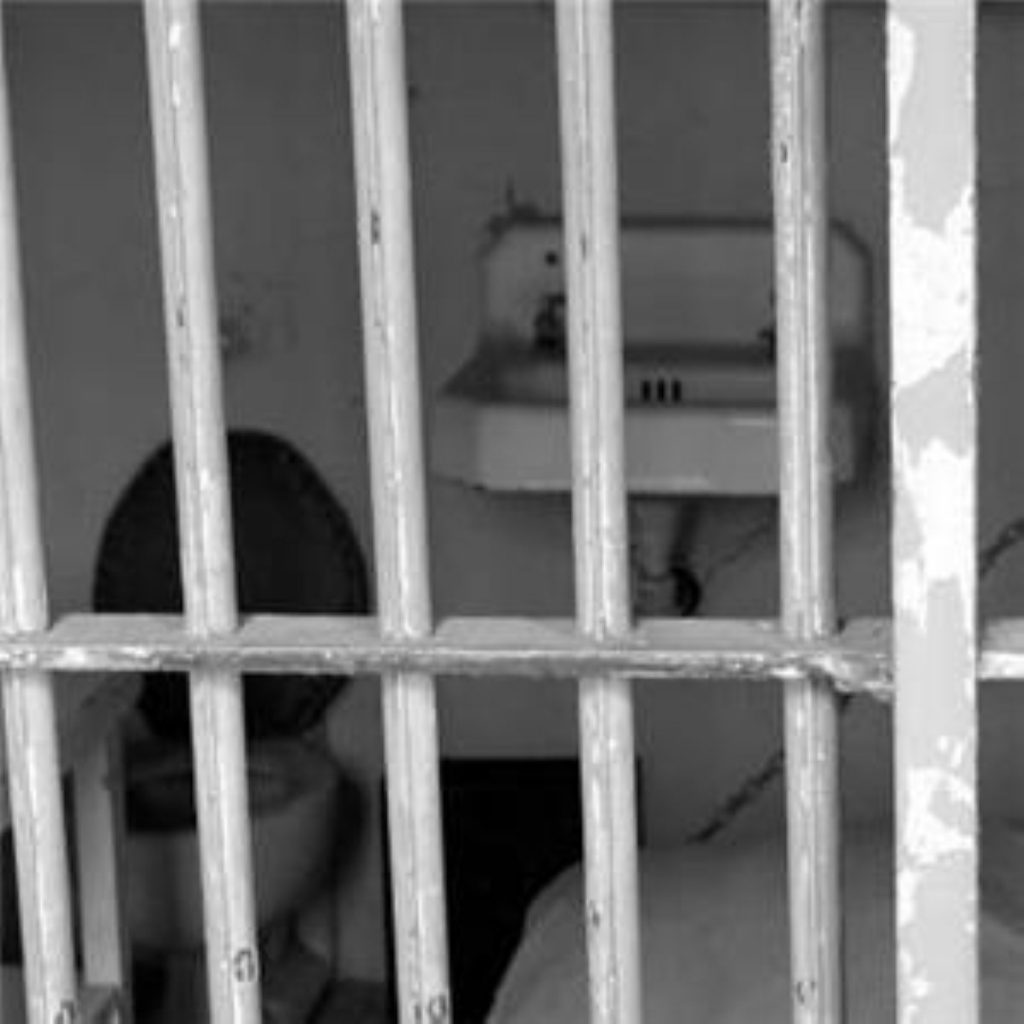Suicide on the increase in UK jails
UK jails failed to control rising suicide rates last year, according to the Prison Service’s annual report.
105 prisoners took their own lives in the past 12 months, while rates of assault on inmates also went above Prison Service targets.
Director general Phil Wheatley claimed that his service had done well under difficult circumstances, but that too many prisons were failing in their duty of care.
“My biggest disappointment is that we failed to reduce the number of self-inflicted deaths in custody, despite some excellent work by a wide range of committed and determined people throughout the service.”


However, six pilot projects in local prisons did show some success at preventing suicide and it is hoped that strategies used there could be extended to the rest of the service.
Conditions in prison and the fact that 90% of inmates have diagnosable mental health problems, drug dependencies, or both, make those serving custodial sentences particularly vulnerable to self-harm.
Overcrowding and a lack of resources still remains a problem, however, with figures out last week showing that the prison population had topped 74,000.
But on a more positive note, despite the record numbers of prisoners, there were major improvements in the system according to the report, including a record number of inmates achieving educational qualifications and completing offending behaviour programmes.
In general the service met just over half of its 15 key performance targets, and narrowly failed to meet two more.
The number of escapes was down to just 5; key skills qualifications were received by double the target figure; post-release training targets were exceeded by 17%; and the cost of the average prisoner came in below budget.
However, there was still not enough purposeful activity in jails, with prisoners falling one and a half hours short of the 24-hours-per-week target, largely due to what Mr. Wheatley described as “severe population pressures”.

